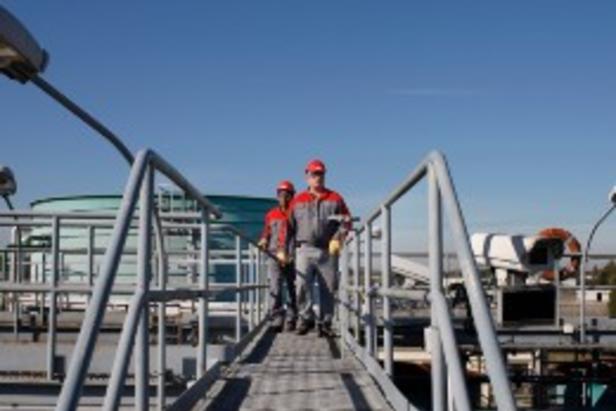The biosolid, or sludge, from wastewater treatment plants is increasingly been seen as a valuable resource rather than just a waste stream to be managed.
How we can help?
Depending on the origin and composition of the organic waste, different treatment options and recovery outlets can be used.
Where your sludge is nutrient rich our specialist team can assist in using it as a natural fertiliser for use on farms. Landspreading of Biosolids and organic fertiliser provides valuable nutrients and organic matter to the soil, reducing the need for chemical fertilisers.
You can rest assured that our landspreading activities meet the highest environmental standards and are fully compliant with all regulations. We have a dedicated landbank of farmland that is pre-approved for landspreading and each farm as its own unique nutrient management plan.
We also carry out vulnerability assessments and constantly test the soil and water to carefully manage the level of organic nutrient.
We can explore other solutions such as Anaerobic Digestion and, if necessary, incineration or landfill.
How do we create value for you?
- Comprehensive service including transport, storage and managing relationships with farmers
- 100% traceability and transparency using our bespoke software solution, SUIVRA
- Transforming a waste stream into a valuable resource
Veolia offers a number of technological solutions for the treatment of sewage sludge and energy recovery

The sludge incinerator at Duncrue Street in Belfast is operated by Veolia as part of a 25 year contract. The incinerator treats 100% of Northern Ireland’s wastewater sludge, has a total capacity 48,000 tds (tonnes dry solids) per annum and the capacity to generate 3MW of electricity per year.


